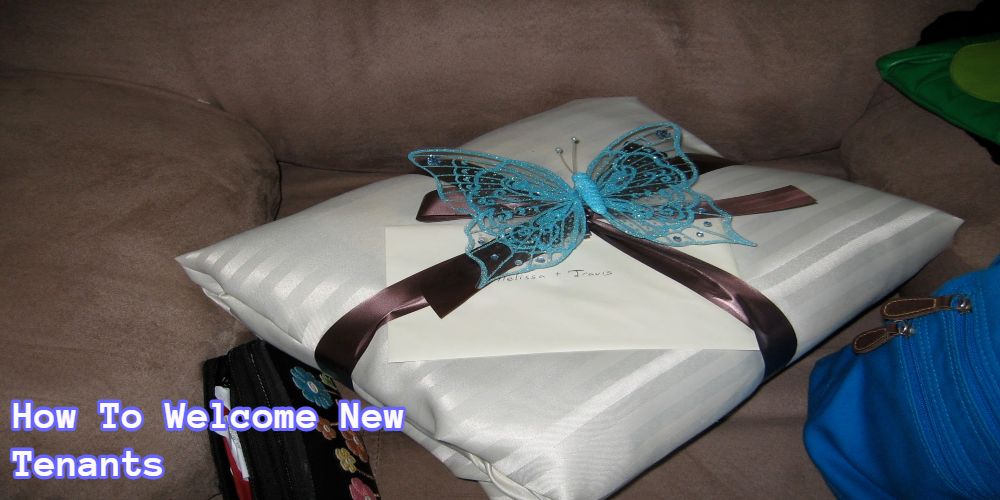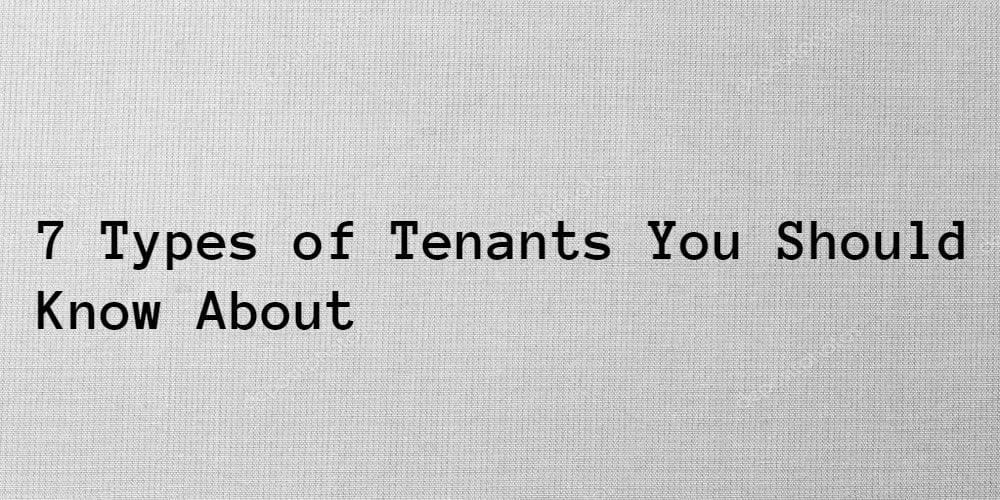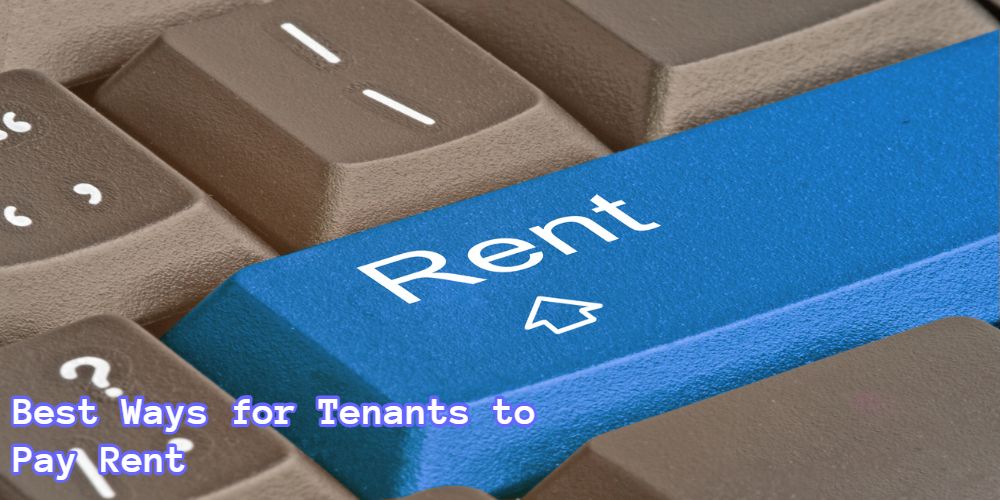Last Updated on October 15, 2021 by Kelvin Nielsen
As a landlord, you are allowed to ask prospective tenants certain questions. Among many things, you can ask about their income, the reason for moving, past evictions, criminal convictions, and their intended move-in date. These questions can save you a lot of time by helping you turn away undesirable tenants right from the outset.
However, there are some sensitive questions that would be illegal to ask prospective tenants. Such questions are banned by state or local law while others are prohibited under federal laws in every state. And even when asked tactfully, they can make you subject to legal action.
With that in mind, you have to be careful with the questions you ask potential tenants during screening. Here are 13 Illegal rental application questions.
1. Which race do you belong to?
When preparing a rental application, you can’t enquire about the prospective tenant’s race, nationality, color, or ethnic background. Such a question is discriminatory and as per the federal Fair Housing Act (FHA), it is illegal to discriminate against tenants based on their ethnicity. In addition, you can’t ask what their native language is or where their parents or spouse were born.
So, what’s the worst that can happen when I ask such a question? Well, you might find yourself in a lot of trouble and be liable for huge sums of punitive fines. According to the Department of Housing and Urban Development, first-time offenders may be liable for sums amounting to up to $21,410.
Also, you want to steer clear of any inquiry that boils down to race. And note that the question doesn’t have to be formally written on the application. Whether the unlawful discrimination was conversational or done through informal screening, you’ll have the law to reckon with.
2. What faith do you profess?
The religion of the prospective tenant is also on the list of questions to avoid. If you include a question of this kind on the rental application, you could be in violation of the FHA and it could lead to a fair housing complaint. In the same way, casual or introductory conversations that touch on religious matters could also expose you to such a complaint.
That aside, you should be mindful of your actions and how you advertise your property. For instance, a landlord who suggests on their rental advertisement that they prefer a certain religious group could get in friction with the FHA. Likewise, filling a vacant rental unit with obvious religious gear could attract a fair housing complaint.
3. What is your sexual orientation?
Questions touching on the sexual orientation of the rental prospects should also be no-no. According to the FHA, they could lead to potential discrimination, and by no means should they be included.
However, not all states have passed legislation to add sexual orientation on the list of protected characteristics. States that have done so include California, New Jersey, Massachusetts, and Connecticut.
4. Do you have any children?
Many people use this question to break the ice or get to know the other person better. However, for a landlord situation, this is a no-go zone. Going by the FHA, discrimination on the grounds of familial status is illegal and could land you on shaky legal ground.
Other questions you want to avoid here include the number of children, their age (children’s), the date a woman’s pregnancy is due, and whether they plan to have any children in the future.
That said, you can ask the question if the rental case falls under Housing for Older Persons (HOPA). Also, you’re allowed to ask the number of people who’ll be living in the apartment and their names, too. You can, as well, make it a requirement for the enlisted adults to sign the lease agreement.
5. Have you ever been arrested?
Most states allow landlords to ask prospective tenants whether they have been convicted of a crime. However, you can’t ask them whether they have been priorly arrested since that doesn’t guarantee they were convicted or proven guilty of the alleged crime. This, nevertheless, shouldn’t trouble you since you can screen their criminal record during the background check.
One thing to note, though, is that it’s illegal to discriminate against tenants with a conviction record in some states. In Seattle, for instance, a law effected on 18th February 2018 protects tenants with a criminal record against discrimination.
In Washington DC, Landlords must be cautious when turning away priorly convicted prospective tenants. Also, landlords here are restricted from inquiring about criminal history until they have made a conditional housing offer. What’s more, DC-based landlords must implement a criminal background check specially for criminally convicted tenants rather than screen them alongside other rental prospects.
6. Do you have any kind of disability?
The FHA also prohibits landlords against asking prospective tenants whether they are mentally or physically disabled. Whether it’s a visual, hearing, mobility, or intellectual disability, this question is a big no-no.
Even in the case of chronic alcoholism or HIV and AIDs-Related Complexes, landlords shouldn’t ask whether in writing or conversation.
In addition to this, there are several rights for the disabled which landlords shouldn’t neglect. These include:
- Right to accommodation.
- Right to make necessary modifications to make the rental unit safer and more comfortable.
7. How old are you?
As a landlord, you might want to only rent your unit to tenants of a certain age bracket. That said, you are not allowed to enquire about the age of the rental applicant. Likewise, it is illegal to deny housing on the basis of age.
That being said, the rule allows a few flexibilities. For instance, you can ask the question in retirement areas that are compliant with the 55+ state and federal laws.
8. Where are you originally from?
You are also not allowed to ask a prospective tenant anything remotely related to their nationality. ‘Nationality’ is a protected characteristic under the federal Fair Housing Act.
Examples of questions to avoid asking here include:
- What is your native language?
- Where were your parents born?
- Where were you born?
Such questions can lead to a claim of illegal discrimination on the basis of national origin.
5 Other Questions to Stay Away from
- Are you divorced?
- Are you married?
- Where do your kids go to school?
- Are you pregnant? A crying baby would make other tenants so uncomfortable.
- Is that a service dog?
Questions Landlords can Ask Prospective Tenants
There are ton of questions that are safe for you to ask prospective tenants. As a general rule of thumb, avoid questions that describe the kind of tenant you want. Instead, focus more on describing what your property has to offer.
The following are screening questions that wouldn’t violate the Fair Housing Act.
- Have you ever been convicted of a relevant crime?
- How much do you make in monthly income?
- How many people will be living with you?
- Do you smoke?
- Do you have a pet?
- Why are you moving?
- How long have you lived in your current home?
- What date are you looking to move in?
- Are you ready to pay the move in costs?
You may also want to pre-screen tenants prior to requiring them to fill out the rental application form. This should save you valuable time on screening tenants that would otherwise fail your screening procedure.
There you have it – 13 illegal application questions you can’t ask prospective tenants. The last thing you want is to break the law. It can not only take a toll on your reputation, but it can also mean paying hefty punitive fees.

Hi, I’m Kelvin Nielsen, an experienced landlord and accomplished real estate lawyer. My focus is on answering your questions about renting in the hopes of making your life as a renter or a landlord a bit easier.







